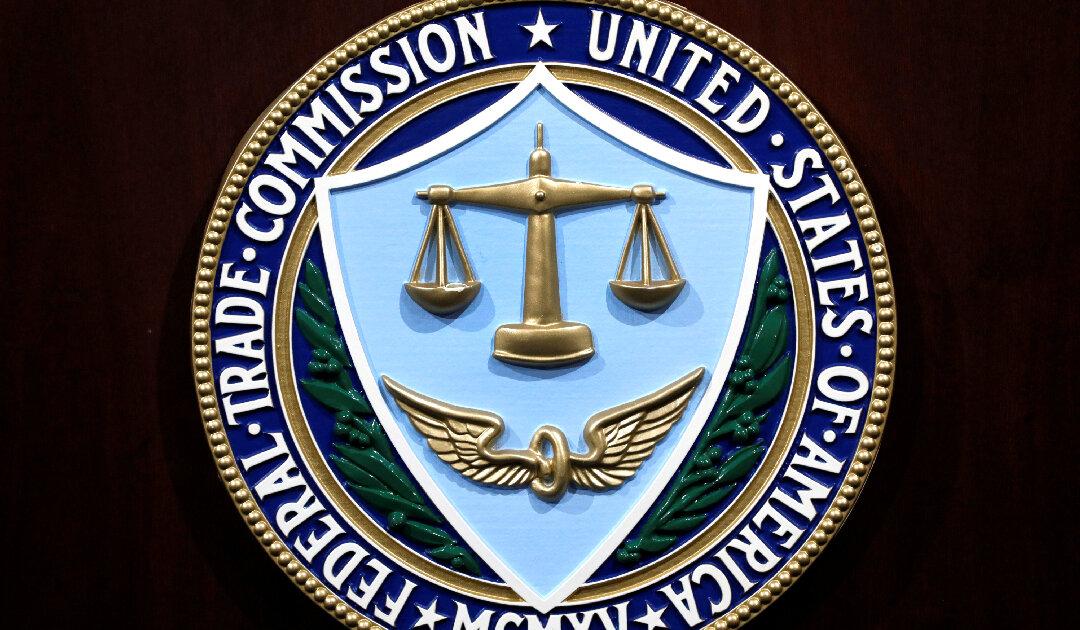WASHINGTON—The U.S. Federal Trade Commission has ordered a half-dozen e-cigarette companies to turn over sales and advertising data, the federal regulator said on Oct. 3 in the first sign of a likely probe into their marketing practices.
The order was sent to JUUL Labs Inc., RJ Reynolds Vapor Company, Fontem US Inc., Logic Technology Development LLC., Nu Mark LLC. and NJOY LLC., the FTC said in a statement.





